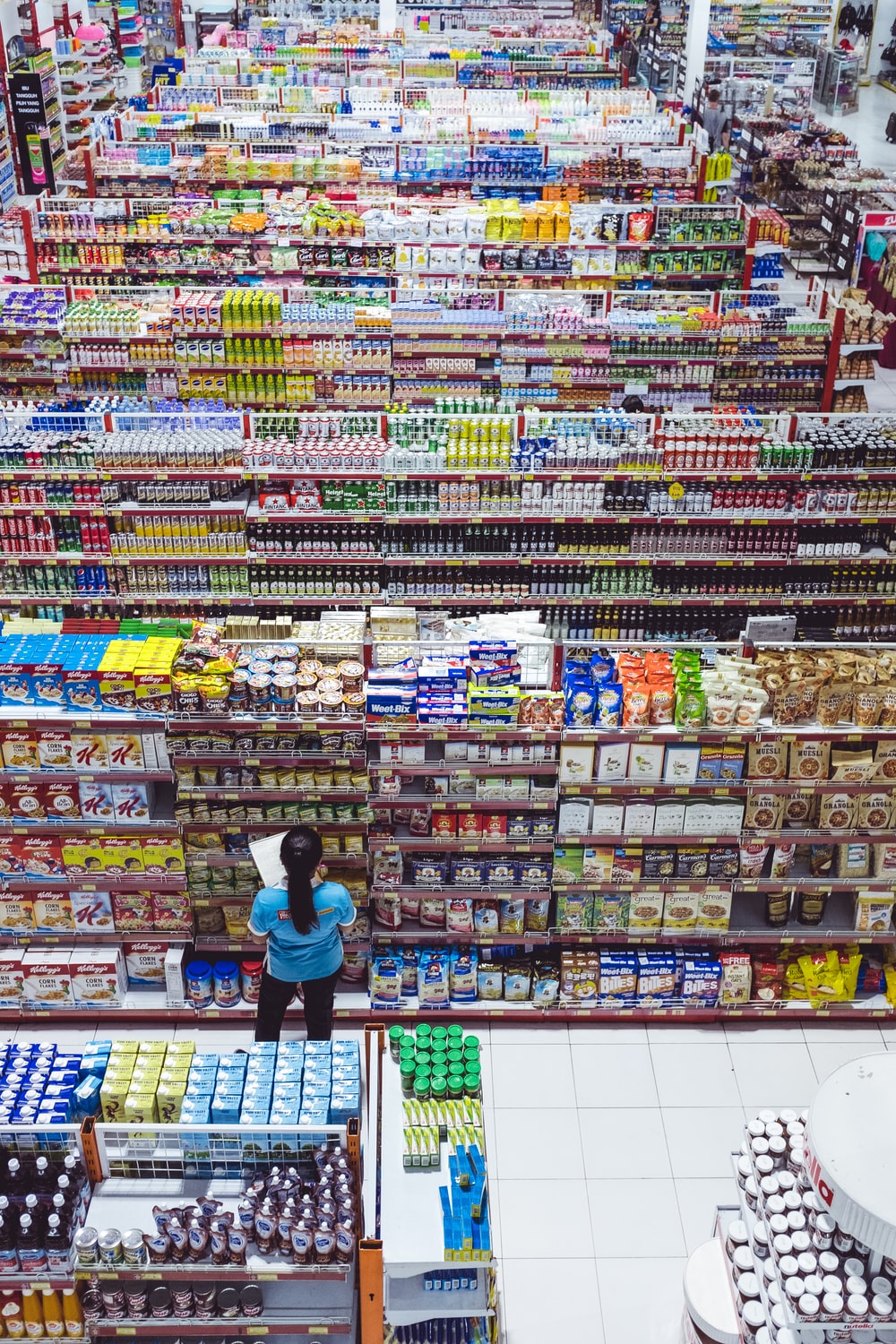Food traceability is a vital component in food production, manufacturing, and distribution. Throughout the years, companies that comply with industry standards on traceability have significantly benefited from it. But as the industry becomes more complex and operates on a global scale, there is more to look forward to in terms of consumer expectations, food supply stability, and technology.

Consumer needs and expectations continue to change
Consumers today are more conscious and aware of the food products they consume. It is more often nowadays to encounter consumers that focus on how the food they eat impacts their lifestyle, as well as the environment. For example, there is a higher demand for highly sustainable products; hence, increasing the demand and popularity of brands that focus on these principles. As consumers become more aware, the pressure shifts to producers and regulators to meet the same level of social responsibility. With the help of a food traceability system, it is possible to improve fair trade practices and do away with unsustainable methods of production.
Food supply
We are talking here about the global food supply because most countries depend on the production of other countries to meet their needs. For example, countries like the US and China are responsible for supplying certain crops to other parts of the world. Over time, it is evident that while some products are typically associated with a specific country, the raw ingredients are usually sourced from another.
Take, for example, the case of mozzarella cheese. Traditionally, the best quality cheeses are made in Italy or other parts of Europe. But these days, the buffalo milk used in production primarily comes from Asia.
Indeed, food supply and production continue to evolve. As such, it poses new challenges and issues for producers, manufacturers, and suppliers. As importing becomes the norm, risks associated with food safety also increase. There is no better time than now to consider the importance of food traceability. No company within the food industry should operate without it.
Advances in technology
A standard food supply chain moves in a linear pattern. But as the operation becomes more complex, the pattern becomes an interconnected web of suppliers, processes, and other involved stakeholders. At any point in this web, a problem may occur. Without a food traceability system in place, it will be challenging to look back or look forward and pinpoint the source of the issue.
There are many technological advancements aimed at making traceability systems more sophisticated. From smart devices to nanochips, all these are designed to increase efficiency and improve visibility. Imagine a retail shop using smart coolers that automatically detect and notify when a specific batch of products are about to go bad. This technology will not only minimize, but potentially eliminate food contamination incidents.
It will be possible to experience more advanced technology and devices in the future. The bottom line is that all these developments have one goal – that is to maintain quality and guarantee food safety anywhere in the supply chain. The future does look bright for the food industry, and food traceability is at the forefront of making it possible.